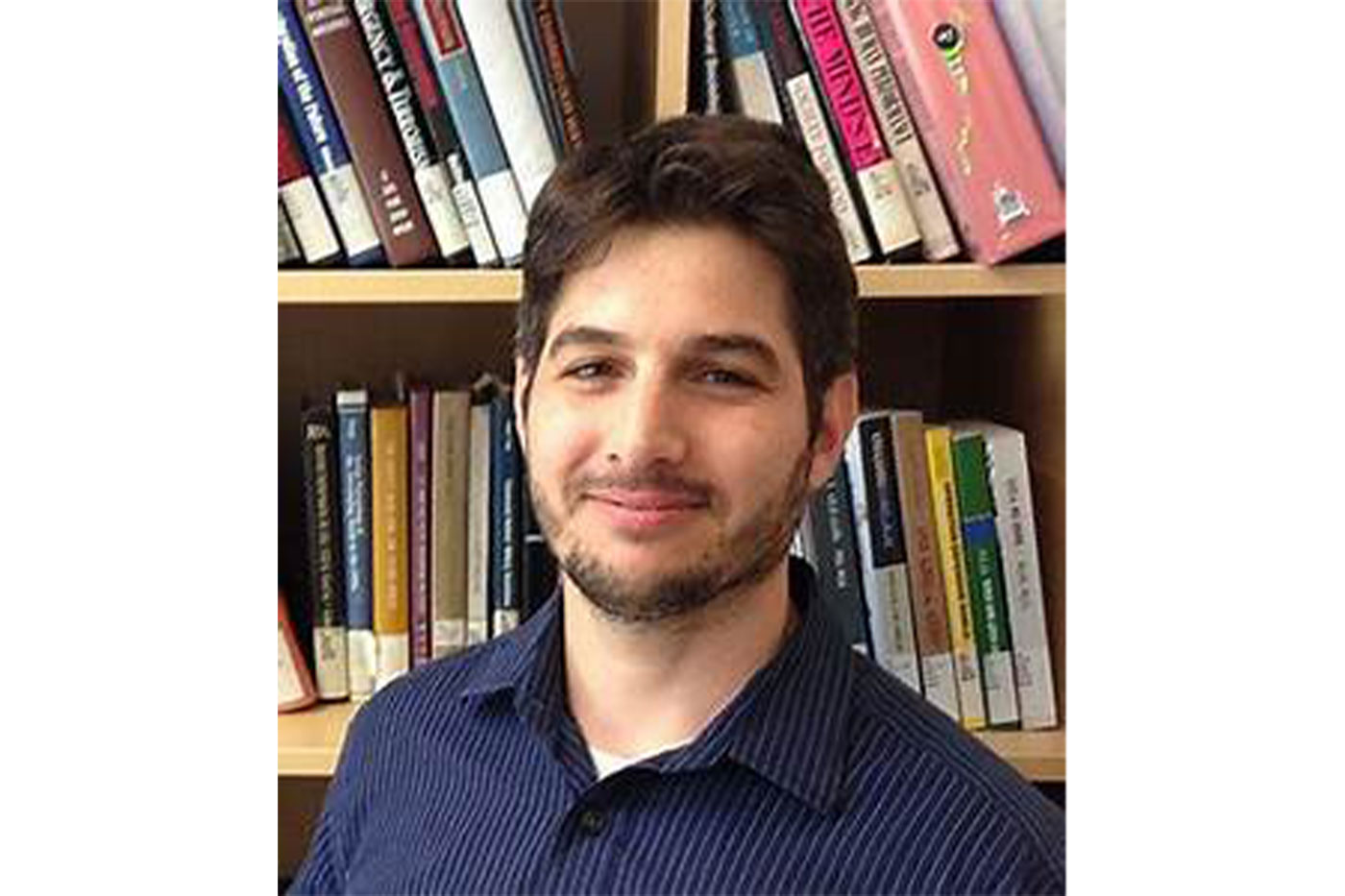Texas Tech will assume the task of producing a far-reaching publication examining armed forces and politics.
Come 2025, Texas Tech University will become the nexus for scholarly discussion of the study of civil-military relations for academics and dignitaries alike, which includes topics that touch upon some of the most urgent current social and political issues.
Ori Swed, an associate professor of sociology, has been selected as the chief editor of the “Armed Forces & Society” (AFS) journal. Texas Tech will be recognized as the institution housing the journal with Swed and his team.
“It’s one of the leading journals in that field, that studies the military, veterans, and the relations between society, politics, and the military,” said Swed. “Housing it here means that every scholar who deals with those questions knows the center of production and knowledge of that world is here at Texas Tech.”

Swed will take over a position skillfully stewarded for over 20 years by Patricia Shields, a professor of political science at Texas State University. Her departure prompted the onerous tasks of finding a new editor-in-chief and a university to house AFS.
Swed's credentials were essential to establishing him as the right candidate in a rigorous selection process. His knowledge of the field, contributions to the journal, and expertise in research on civil-military relations, military organizations and innovation were taken into account.
Texas Tech’s demonstration of its commitment to hosting the journal was also significant.
“The university brought with it a lot of support, including funding the students who will participate in the process as the junior editor and social media staffer,” said Swed. “It was an indication to the journal and its leadership that Texas Tech is a serious institution that can deliver the role of editing a journal like this.”
AFS is a quarterly publication that explores the recruitment and retention of service members, how to help returning veterans reintegrate into society, how to maintain governments’ authority over armed forces and more. The scope of the journal and the subjects it covers requires involvement from contributors worldwide, such as a global editorial board, scholars to review each other’s articles, and cooperation with publisher Sage Publications, which itself is an international operation.
Swed will soon recruit for the two open positions, without a limit on whether they’re sociology students, undergraduates or otherwise.
“We are open to any student that we believe would fit, regardless of discipline,” he said.
The Armed Forces & Society journal has a broader impact beyond reaching policymakers, Swed continued, in that numerous discussions address the day-to-day challenges facing veterans and their families.
“It’s affecting many Americans,” said Swed. “This is the place where we produce knowledge that is data-driven, that is new, that can affect policy and can identify problems and translate later on into solutions.”

